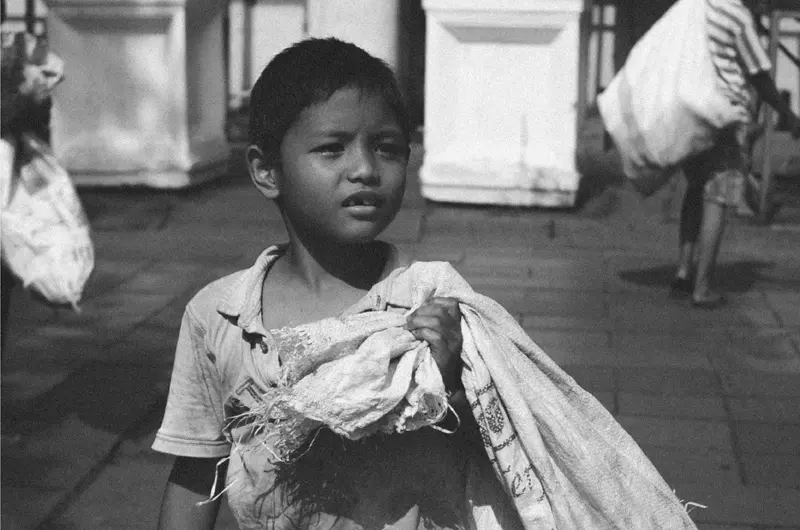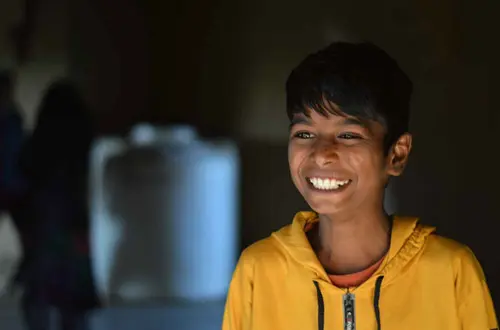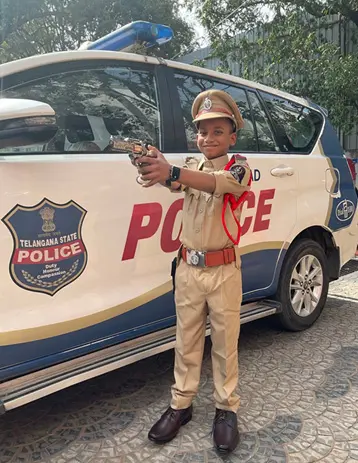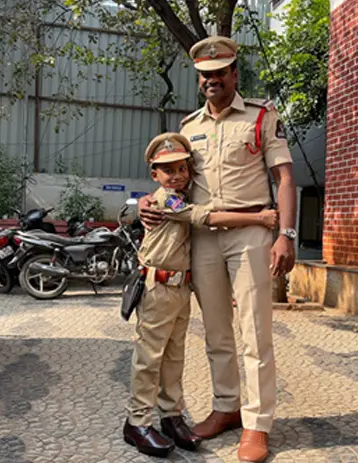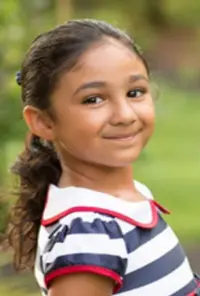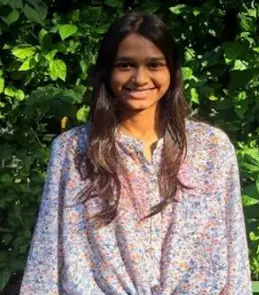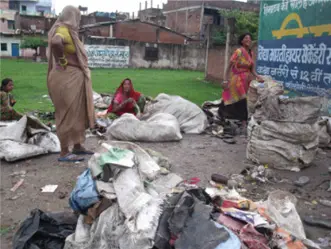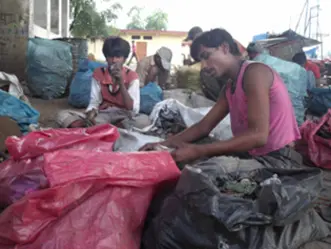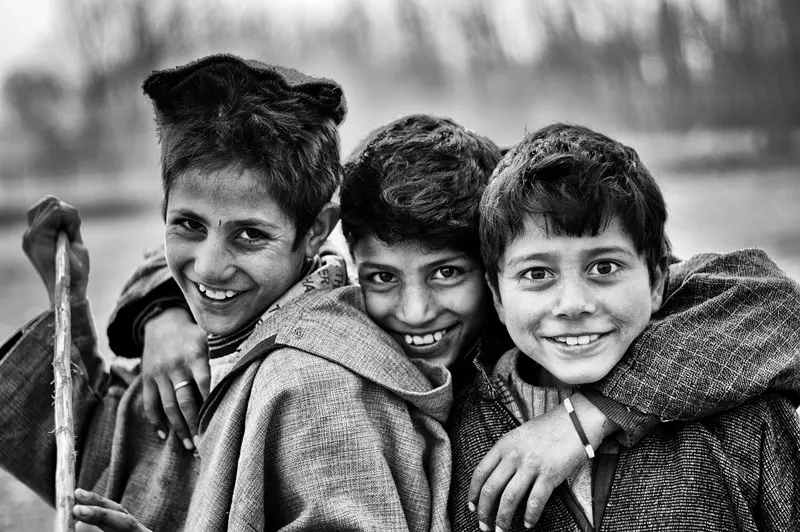
OUR CHILDREN ARE BEATEN JUST FOR WANTING TO GO TO SCHOOL
A heart touching reality from the Pardhi Community
I HAVE BLOOD CANCER, BUT THIS CANNOT STOP ME FROM BECOMING A POLICE OFFICER
A boy who fights lymphoma
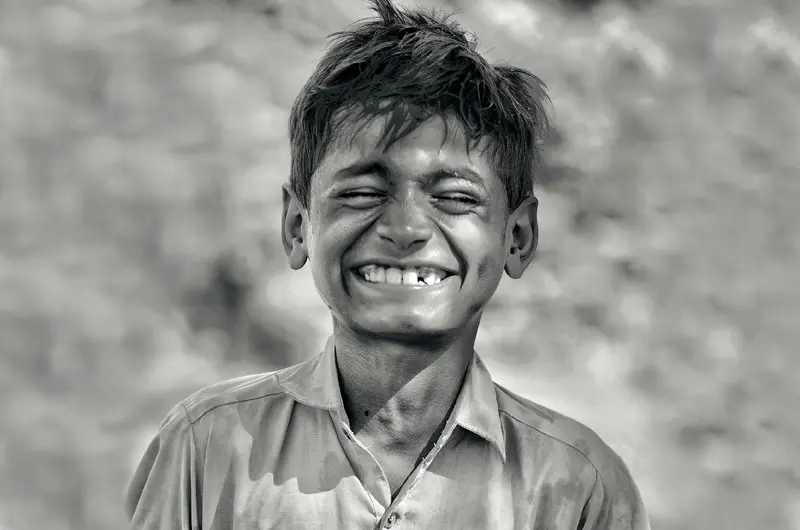
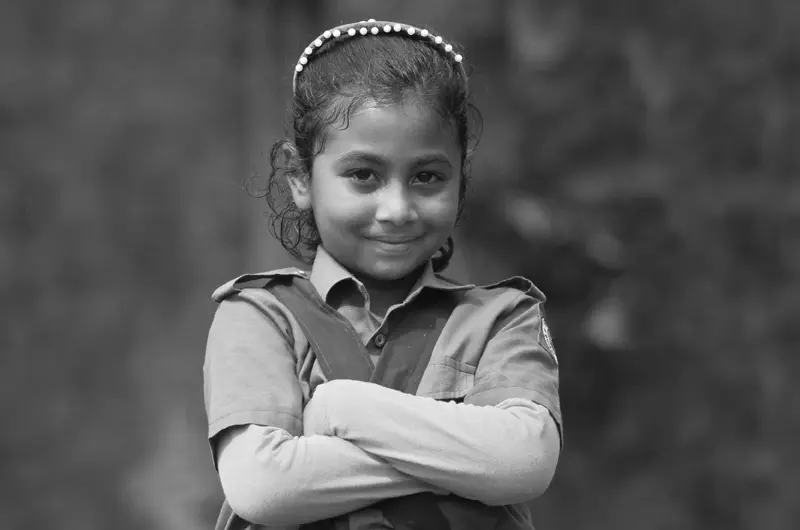
MY FATHER ABANDONED ME MY MOTHER AND SISTER BECAUSE I AM A GIRL , YET I SHINE
Shelter Homes for Girls in Delhi
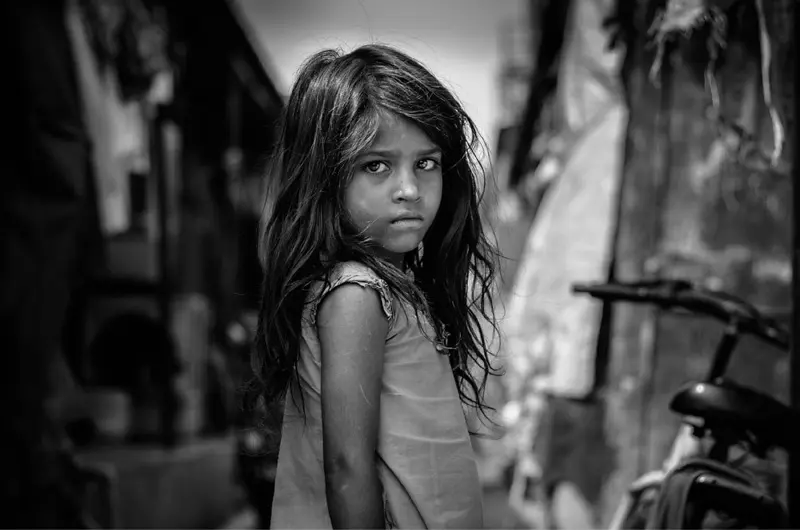
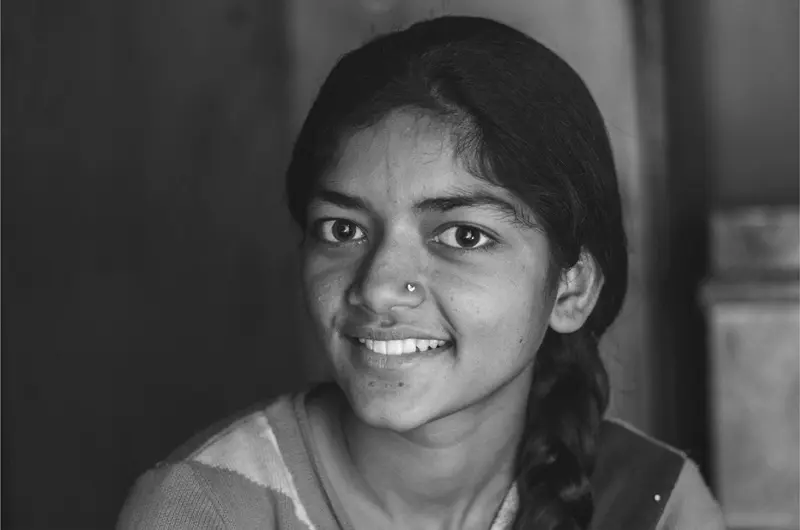
I BELONG TO A SLUM, AND I SCORED 88% IN CLASS 12TH, CBSE - 2023
A Support Room in Every Slum
I WANT TO STUDY BUT TEACHER SAYS MY JOB IS TO COLLECT WASTE
An inquiry into the root of the tribal deprivation
